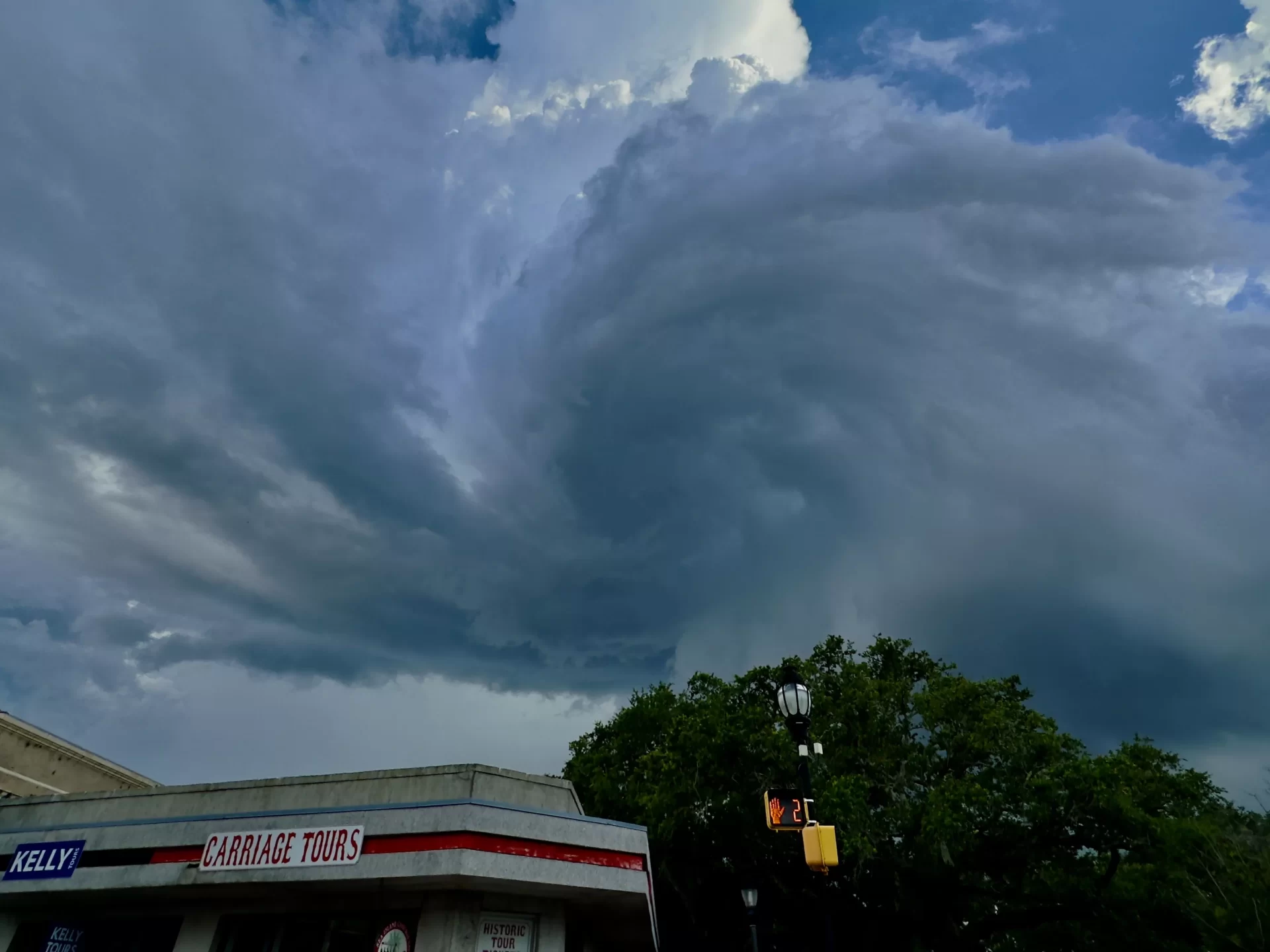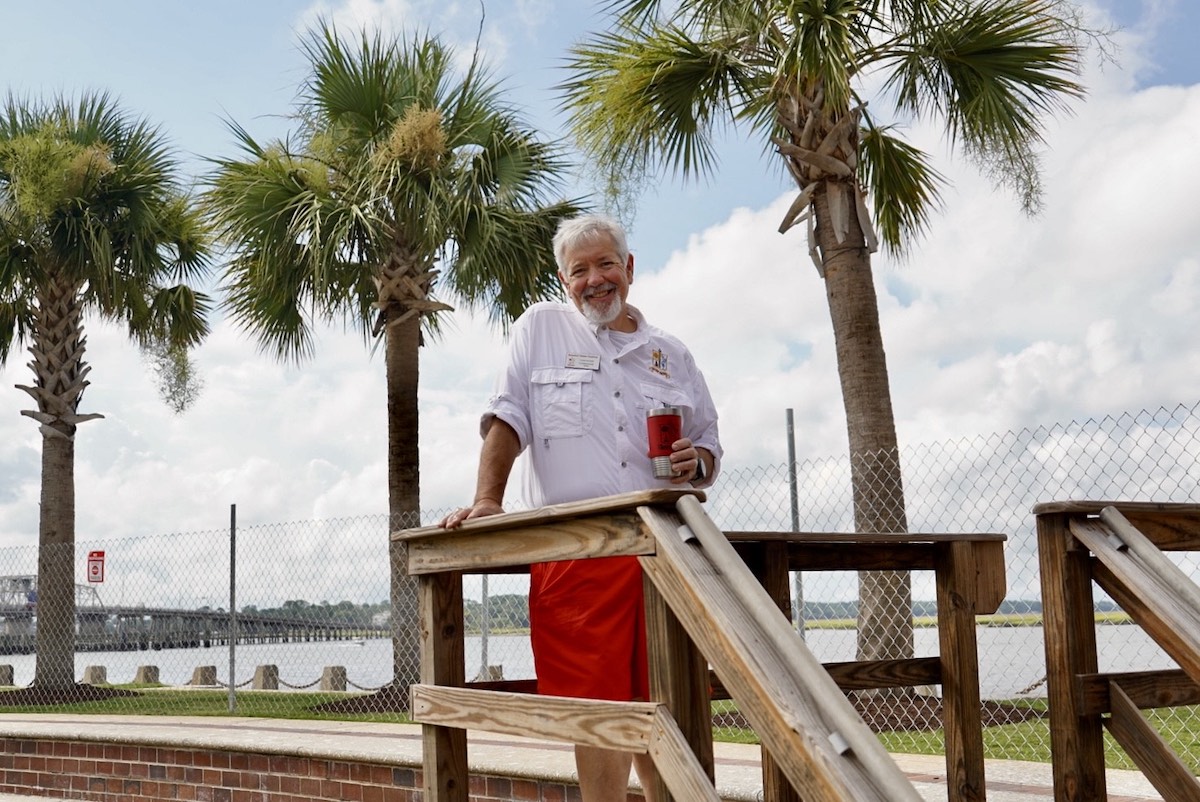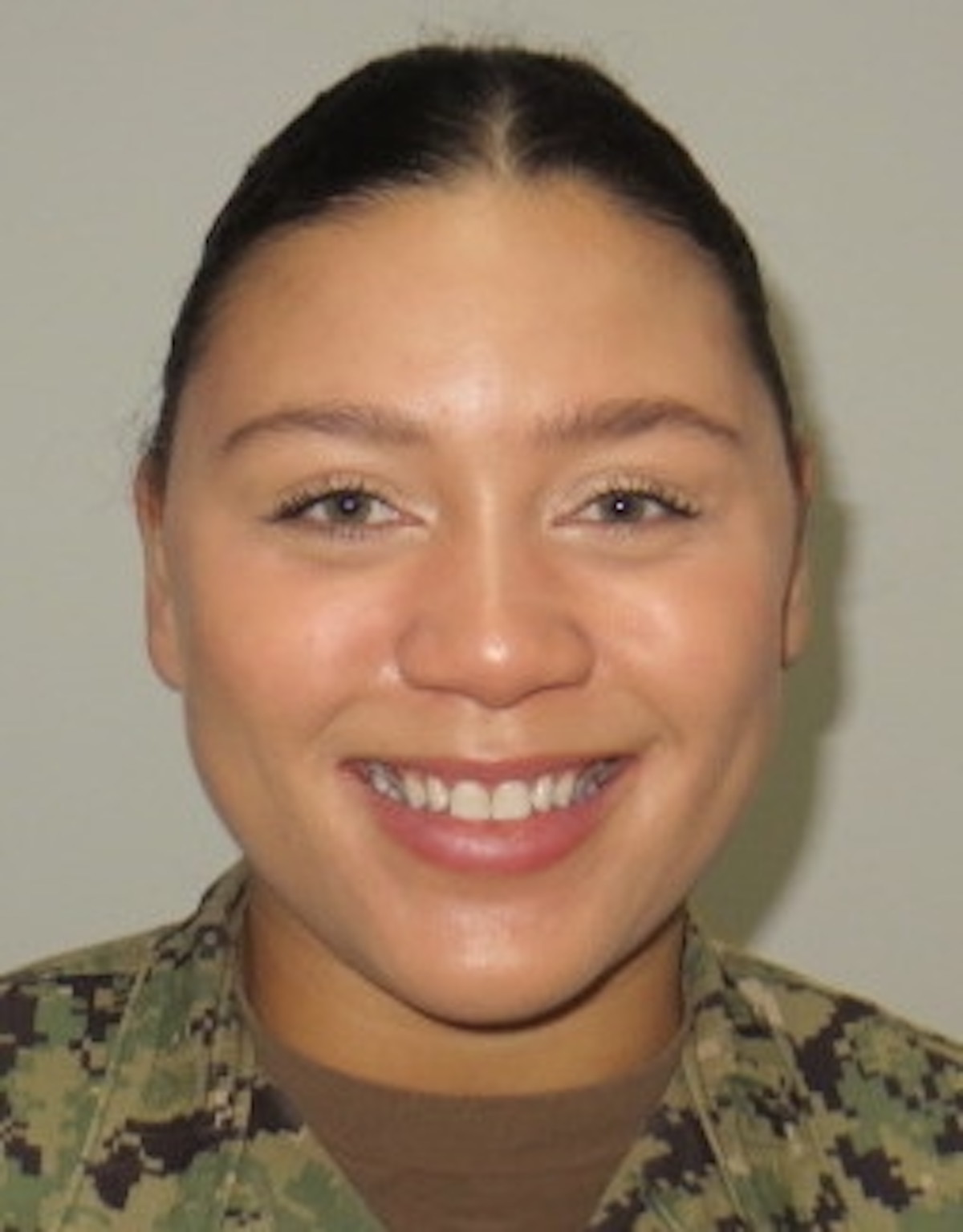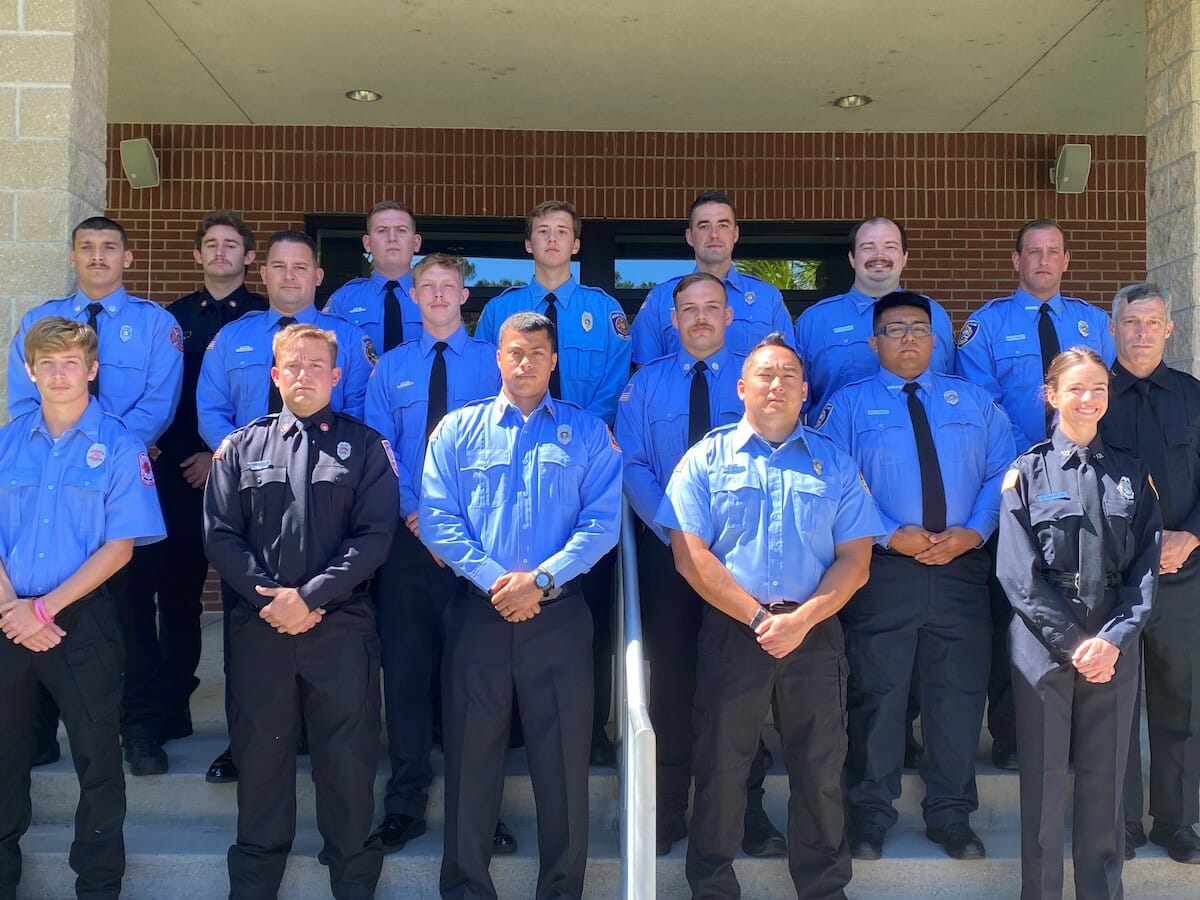By Tony Kukulich
The Beaufort County Board of Voter Registration and Elections was one of a number of counties named in a recent lawsuit for allegedly violating the Freedom of Information Act (FOIA).
The action comes after requests submitted by members of South Carolina Safe Elections (SCSE) for voting data related to the 2020 election were denied by state and county election agencies. It seeks a temporary restraining order to prevent the destruction of 2020 voting data until the matter can be heard in court.
In a SCSE press release, the organization said, “They are challenging their election commission’s decision to deny any access to the cast vote records (CVRs) for the 2020 election as they want to do a full analysis to ensure that there was no malfeasance.”
A CVR is an electronic record of the votes cast in an election.
The suit was filed in Richland County by Bluffton-based attorney Lauren Martel. It names Michael Funderburk and SCSE as the plaintiffs in the case. Martel names the South Carolina State Election Commission (SEC) and the board of elections in Aiken, Charleston, Dorchester, Greenville, Lexington, Spartanburg and York counties as defendants in the case, in addition to Beaufort County.
Funderburk, a Charleston County resident who is identified in the complaint as an SCSE member, submitted a request under the Freedom of Information Act in April 2022 to the Beaufort County Board of Elections. He sought the county’s CVR for the 2020 election. According to the complaint, Funderburk’s request was denied, and the data was not supplied. A similar scenario is described for each of the county’s named in the complaint.
Jean Felix, chair of the Beaufort County Beaufort County Board of Voter Registration and Elections, said that she was unable to discuss pending litigation when reached for comment.
At issue is the state’s position on whether voting records are a matter of public record. An opinion issued by the South Carolina Office of the Attorney General (AG) in September 2020 asserted that a court would likely not require the state to produce voted ballots, scanned images of voted ballots and vote cast records as the result of a FOIA request. The opinion added that the constitutional right to a secret ballot supported the conclusion that voted ballots are not open to the public.
“The Supreme Court concluded that the secrecy of ballots is violated by the disclosure of information from which voters can be identified, even if the ballots themselves do not identify the voters,” wrote Matthew Houck, assistant attorney general, in the opinion.
Laura Scharr, SCSE founder, contests that opinion, asserting that the AG’s September 2020 opinion was issued based on flawed information that was provided to the AG by the former executive director of the SEC, Marci Andino.
“They provided an opinion based on her facts,” Scharr said. “She said there was personally identifiable information and that the ballot could be tied back to the person. That’s not true. There’s no personally identifiable information on a cast vote record.”
The AG’s September 2020 opinion has been referred to as the Andino Opinion. Since it was issued two years ago, the SEC and county election boards have denied requests for voting records like those submitted by SCSE in order to comply with that opinion.
Several state representatives penned a joint letter to Attorney General Alan Wilson in August stating that they were aware that the SEC was denying FOIA requests based, at least in part, on the Andino Opinion. They also noted that the several states including California, Colorado, Florida and Georgia had released “nearly identical” CVRs to the public. The representatives asked Wilson to revisit his opinion.
Houck, again writing for the AG’s office, issued the response to that request. For myriad reasons, Houck reaffirmed the AG’s Andino Opinion.
“There appears to be disagreement regarding how likely the disclosure of information would lead to voter identification, but the resolution of that dispute requires findings of fact,” Houck wrote in the opinion dated Sept. 7. “Again, this office’s opinions cannot find facts; fact finding is more appropriately reserved to our state courts. The issue of law, whether the S.C. FOIA requires disclosure, is unchanged.”
In response to the SCSE lawsuit, the SEC issued an 87-page answer contesting many of the points presented by Martel, including whether CVRs exist.
“There is no such document known as a CVR that is a ‘standard report’ in the Commission’s possession, nor is it a report the Commission generates as part of its ordinary business,” the response reads in part. “The phrase is undefined and ambiguous.”
It will be up to the Court of Common Pleas to determine if the AG’s position as stated in the Andino Opinion complies with South Carolina law.
According to the SCSE website, the grassroots group advocates for the elimination of electronic and absentee voting and alleges that widespread voter fraud occurred in Beaufort County during the 2020 election. The group also promotes the ideology of Seth Keshel.
Keshel was the keynote speaker at an Audit the S.C. 2020 Vote Rally on Lady’s Island in August of last year. The former U.S. Army captain asserted that the 2020 election was manipulated, causing Donald Trump to lose the national election. A link to a video of Keshel’s speech at that event appears on the South Carolina Safe Elections website. Keshel’s claims have been widely discredited.
As of press time, Lauren Martel did not respond to a request for comment.
Tony Kukulich is a recent transplant to the Lowcountry. A native of Wilmington, Del., he comes to The Island News from the San Francisco Bay Area where he spent seven years as a reporter and photographer for several publications. He can be reached at tony.theislandnews@gmail.com.










